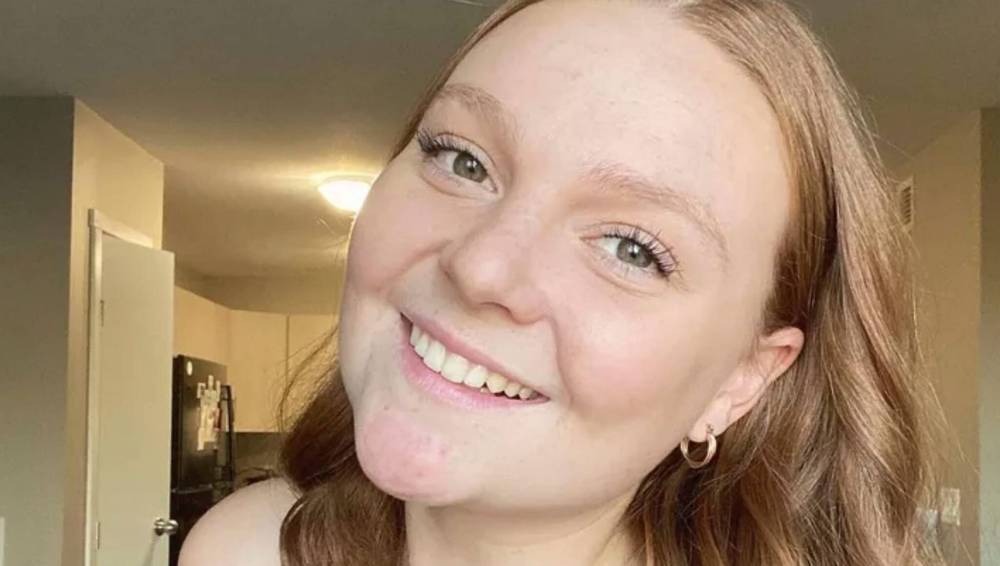Time to review drunk driving sentences
Advertisement
Read this article for free:
or
Already have an account? Log in here »
To continue reading, please subscribe:
Monthly Digital Subscription
$0 for the first 4 weeks*
- Enjoy unlimited reading on winnipegfreepress.com
- Read the E-Edition, our digital replica newspaper
- Access News Break, our award-winning app
- Play interactive puzzles
*No charge for 4 weeks then price increases to the regular rate of $19.00 plus GST every four weeks. Offer available to new and qualified returning subscribers only. Cancel any time.
Monthly Digital Subscription
$4.75/week*
- Enjoy unlimited reading on winnipegfreepress.com
- Read the E-Edition, our digital replica newspaper
- Access News Break, our award-winning app
- Play interactive puzzles
*Billed as $19 plus GST every four weeks. Cancel any time.
To continue reading, please subscribe:
Add Free Press access to your Brandon Sun subscription for only an additional
$1 for the first 4 weeks*
*Your next subscription payment will increase by $1.00 and you will be charged $16.99 plus GST for four weeks. After four weeks, your payment will increase to $23.99 plus GST every four weeks.
Read unlimited articles for free today:
or
Already have an account? Log in here »
Hey there, time traveller!
This article was published 05/12/2023 (739 days ago), so information in it may no longer be current.
It shouldn’t have to be said every single year. It shouldn’t have to be the subject of Christmas season police news conferences, right across the country. But it does, and it is.
This year, the point was made clearly, concisely, and directly by Karen Reimer, 24-year-old Jordyn Reimer’s mother, in an op-ed piece in the Free Press (Will somebody finally listen?, Nov. 27).
Drunk drivers kill other people, and, through a legal system that has developed over time and precedent, those killers are treated differently than any other kind of offenders. Their sentences are lighter than those who kill through any other method, and even repeat drinking and driving offenders can find their way back behind the wheel.

Free Press files
Jordyn Reimer
Jordyn Reimer’s death, and the pain it caused her friends and family, was completely unnecessary. It was also particularly tragic, because Reimer was actively doing her part to help stop drunk driving: she was the designated driver the night she was killed.
She was sober and driving the 50 km/h speed limit on May 1, 2022, when her car was hit by a speeding truck being driven by Tyler Scott Goodman, who was speeding, had consumed nine or 10 beers, and had brushed off attempts by his friends to stop him from getting behind the wheel of his mother’s pickup truck.
After the accident, he fled.
Goodman pleaded guilty to impaired driving causing death and leaving the scene of an accident. He was sentenced to seven years in prison, meaning he will serve 28 months in jail before becoming eligible for parole.
Before passing sentence, Judge Kael McKenzie told the court, “Those who look to the criminal justice system for vindication of the life that was stolen need to understand that the objective of sentencing is not reflective of the value of a life … The sad reality is that there is no sentence that the court can impose to reflect the kind of person Jordyn Reimer was, the heartbreak her death has caused, or to compensate for the things she will never have an opportunity to do, such as becoming a mother, or obtaining her master’s degree. The court process simply cannot undo the harm caused.”
Judge McKenzie is absolutely right about the court’s role — but that is the coldest of comfort for the family and friends of the victims of drunk drivers.
In some ways, the judicial precedents that govern drunk driving are a holdover from the past, when the crime was not taken as seriously — you can see it in the very way drunk driving crashes are often described. As accidents.
There is nothing accidental about choosing to drink to excess without making plans in advance to have a safe way home. There is nothing accidental about getting in your vehicle and putting the keys in the ignition after drinking too much, just because you can’t be bothered to come back sober to get your vehicle.
It’s almost as if the crime has been viewed as something that “just kind of happens to otherwise good people.” An almost-excusable error in judgment, rather than a deliberately dangerous choice.
The penalties simply do not match what they would be in any other circumstance where someone deliberately takes actions that cause the death of someone else.
Change comes slowly in the judicial system, but change should definitely come.
People die or are seriously injured. Their friends and families are significantly damaged, sometimes for years, sometimes for life.
We shouldn’t have to say this every single year. And yet, we do. Over and over again.
Don’t drink and drive.
Choosing to do a serious crime should involve doing serious time.
Deterrence is a key part of our judicial system.
History
Updated on Tuesday, December 5, 2023 10:33 AM CST: Clarifies Goodman will become eligible for parole after 28 months



